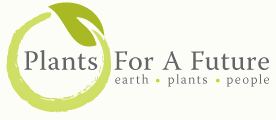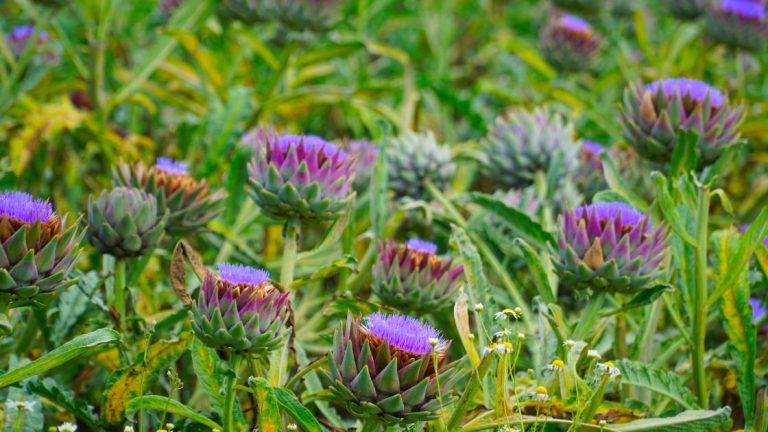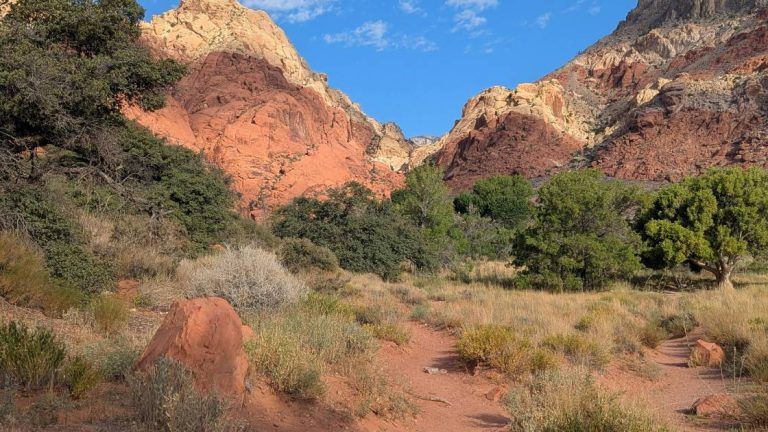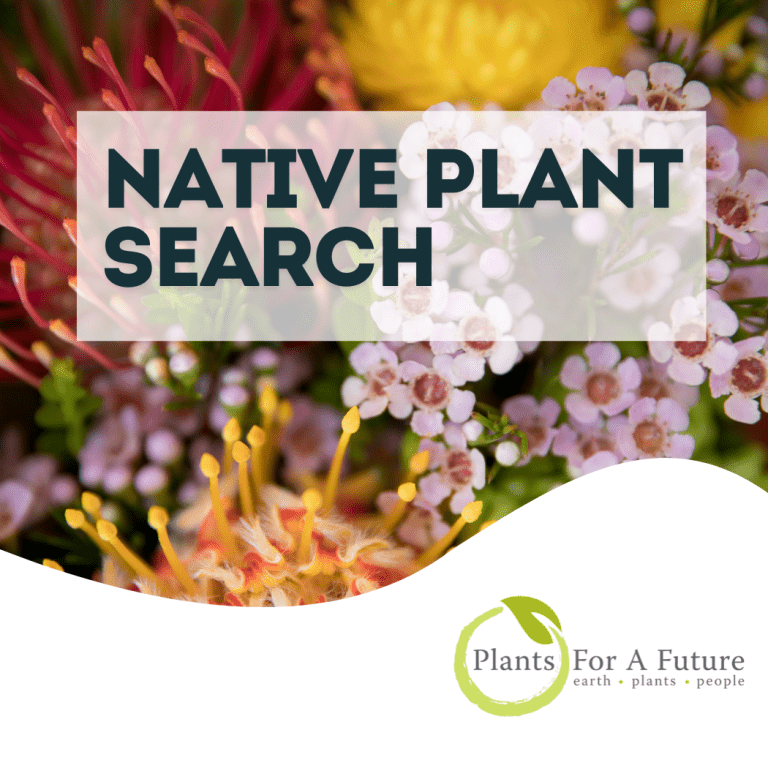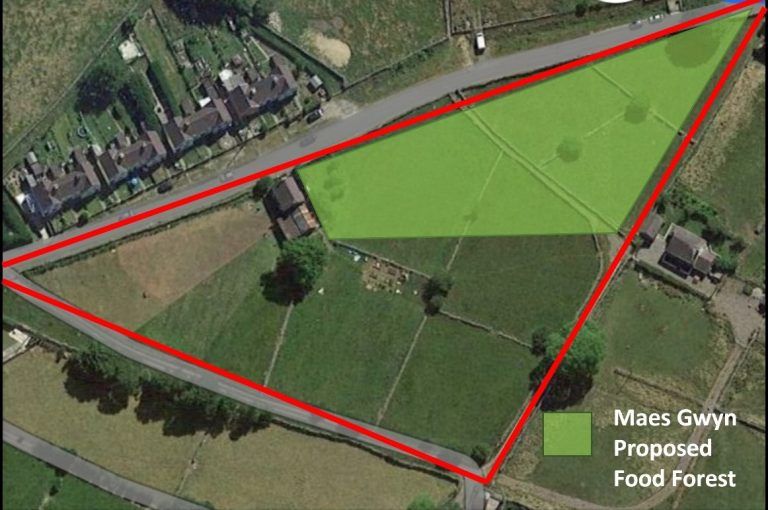Since we began our 2019-20 Project ‘Plants to Save the Planet’, Plants For A Future has been particularly interested in making links with people embarking on food forest projects, and finding ways to help them. In 2021 we published our latest book Plants for Your Food Forest: 500 Plants for Temperate Food Forests and Permaculture Gardens, which has been very well received. We also reached out to contacts on the network, with the particular aim of seeing if we could identify new food forest projects and help them get started with small grants.
We feel that food forests and complementary locally-based enterprises could be an important element in starting to bring about the widespread changes in lifestyle now urgently needed to confront the global ecological crisis. We need to move away from globalised commerce, damaging intensive industrialised agriculture, switch from meat and dairy to plant-based foods, and encourage local communities and businesses that support the common good. Getting involved with a food forest project is one way to be part of the fight-back against the global emergency that cannot be ignored any longer.
We are pleased to announce that in February 2022 we awarded our first Food Forest Fund (FFF) grant to Joao Ferro, who was originally from Portugal but for the last few years has been living in the village of Bialowieza in eastern Poland, which is inside the famous biosphere reserve with the same name, close to the Belarus border. Joao purchased a plot of land, built his own house, and last year started planting trees and shrubs along one boundary as the first stage of creating a food forest and diverse ecosystem on what was degraded farmland. Using the PFAF plants database as a primary source, he has drawn up a plan for his site including lists of trees, bushes, shrubs, vines and useful annuals suitable for the conditions in eastern Poland. He has also identified where he might acquire the plants he needs.
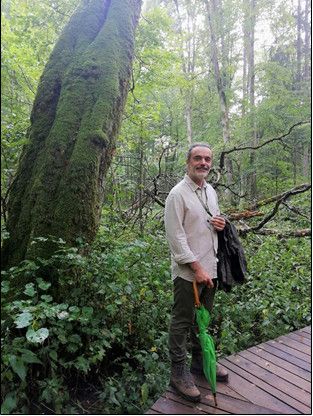
Joao works as an official nature guide and wildlife tracker in the Bialowieza Nature Park (see photo © Marga Chao), which includes the best-preserved part of the Białowieża Forest, Europe’s last temperate primaeval forest fragment. In normal times the Park receives visitors from all over the world, but Covid-related travel restrictions, and more recently the border crisis between Poland and Belarus, means that an exclusion zone is in force, so that most of the forest and the village where he lives are not accessible to visitors. This has greatly affected his livelihood and his food forest project was stalled and in jeopardy. The Food Forest Fund has provided Joao with a grant intended to help him with acquiring more plants over the next two years. While he still has work to do to remedy soil compaction over much of the plot to prepare it for planting, Joao says that our grant will provide the boost he needs to get his food forest implementation plan back on track.
We are keen to hear from other pioneer food foresters who might quality for grants from the PFAF Food Forest Fund. Further information on the background to the fund and relevant criteria is available, see ‘About the PFAF Food Forest Fund’ (https://pfaf.org/user/cmspage.aspx?pageid=366 )
